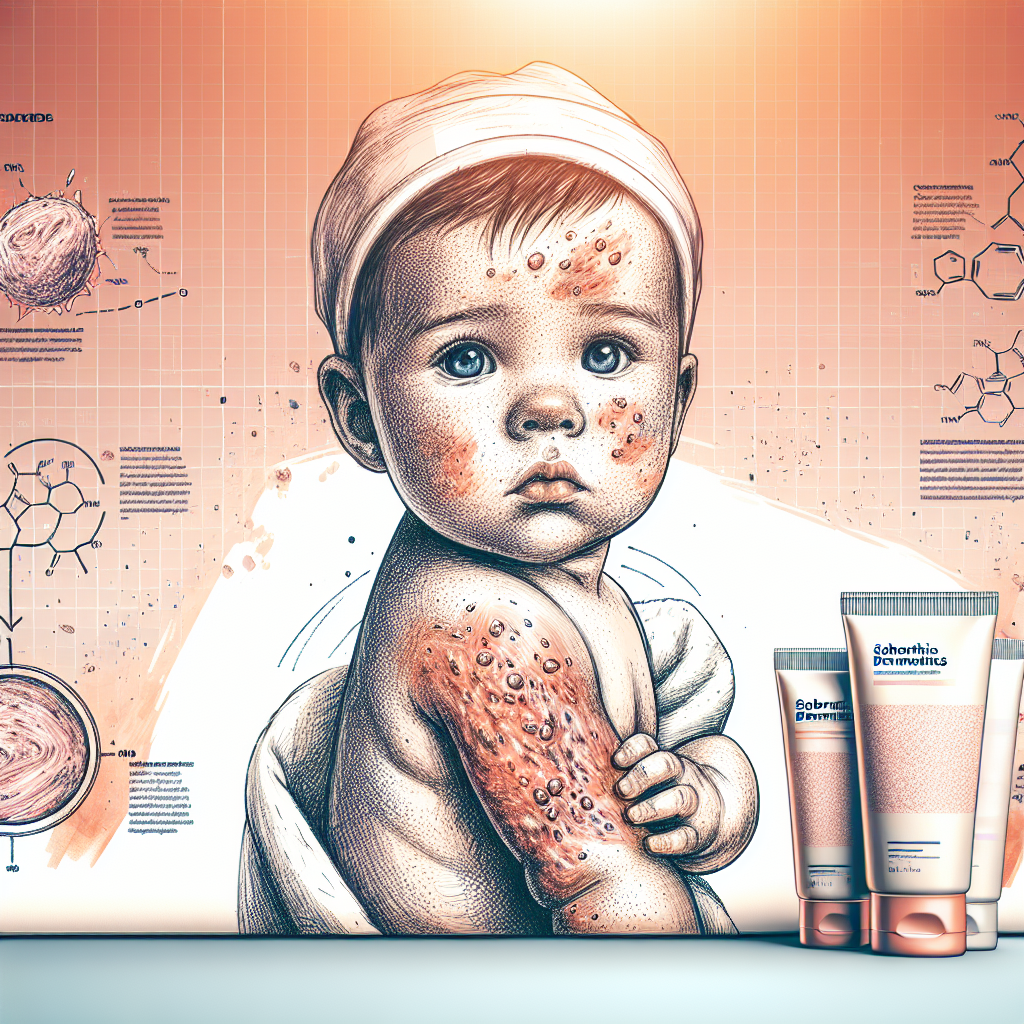Child Development: A Complete Guide to the Essential Stages
A child's development is a complex process that begins even before birth and continues throughout childhood. Parents and caregivers have a huge responsibility in understanding and supporting these developmental stages. In this article, we will explore the various essential stages of child development and how parents and caregivers can contribute to a healthy and happy growth.
Motor Development
Motor development refers to the child's ability to use and control the body's muscles. From turning the head, to crawling, walking and coordination, each stage is vital for further development. In the first months of life, babies begin to lift their heads and roll over. By six months, most begin to stand unsupported and develop crawling skills, followed by unsteady steps at the end of the first year.
Parents can encourage motor development through games and activities that stimulate movement, such as touching hanging toys or practicing walking. The importance of encouraging natural movement and providing a safe environment for exploration cannot be understated.
Language development
Language is an essential component of child development, enabling them to communicate and understand the world around them. From the first babbles to complex sentences, a child's vocabulary grows exponentially in the first years of life. By around one year of age, most children can say a few words and quickly expand their vocabulary in later years.
Parents can stimulate language development by reading, singing and constant conversations with their child. This not only helps in language development, but also in the formation of emotional bonds between parent and child. It is important to remember, however, that each child develops at his own pace and comparisons with other children are rarely productive.
Emotional and Social Development
Emotional and social development is just as important as physical and language development. Children's ability to understand their own feelings and interact with others defines how they will adjust socially throughout life.
Parents can promote children's emotional development by encouraging the expression of feelings and by modeling positive social behaviors. Playing with others, sharing, and politeness are just some of the social skills children learn through interaction.
Cognitive Development
Cognitive development involves the child's thought processes – the ability to learn, remember information and solve problems. Children begin to explore and understand the world around them through curiosity and play. Parents can support cognitive development by providing an enriched environment that gives children opportunities to experience new things. Educational games, puzzles and early learning activities are excellent tools in this regard.
Sensory Development
Sensory development refers to how children process information through their senses. Touch, hearing, sight, taste and smell all play a crucial role in how a child learns about the world. Providing different texts, sounds and colors can stimulate this sensory development, along with regular outdoor activities to explore new natural environments.
Conclusion
Understanding and supporting a child's various stages of development is essential for their health and happiness. Each child is unique and will reach different milestones at different times, but with appropriate support and care, you can contribute to the harmonious development of your child. We hope this guide will give you an overview of the important aspects and we encourage you to continue to support your child at all stages of their development.
For more information and resources on child development, be sure to visit us in store or subscribe to our newsletter. Together, we can ensure that every child has the start in life they deserve.














































































































































